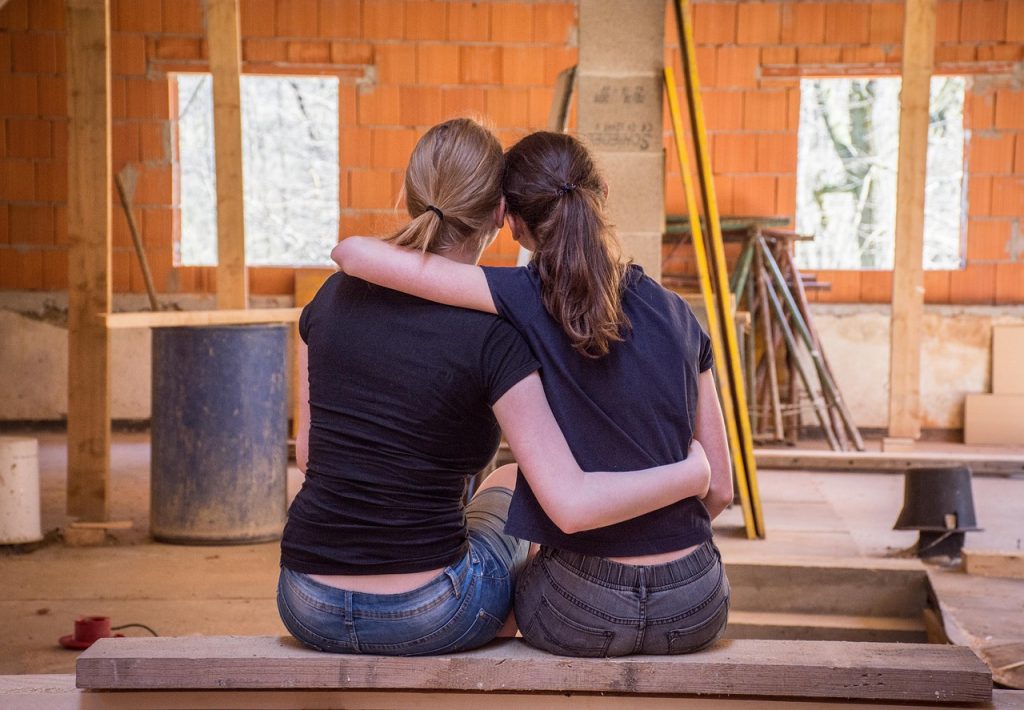
The Failure of Our Dreams May Not Be Bad After All
For the last twenty years, one of my friend’s dreams was to move to Vancouver, Canada, from Europe and live there for the rest of her life. She loves skiing, hiking, and nature and wants a successful journalism career. Over the last year since she moved to Vancouver, she worked multiple jobs to afford a room with a landlord who actively hated her and tried to get her to pay for their repairs. It was not until her visa was expiring that she found a job in her field of journalism, only to become heartbroken when they refused to sponsor her to allow her to stay. The job itself had long hours and was not worth it, according to her. Her dream of living in Vancouver and enjoying all the nature it had to offer slowly disappeared as time passed. By the end, she knew Vancouver was not worth it anymore and decided to return to Europe.
Her story reminds me how common it is for our dreams to fail, especially due to factors outside of our control. We as a society seem to obsess over the dreams that others succeed in, using them to fuel our own aspirations while ignoring the dreams that people fail. We think that other people’s failures could never be our own. This bias is often referred to as succession bias.
Psychology Terms: Just-World Fallacy and Fundamental Attribution Error
Two other psychological terms fit this type of thinking and perspective: the just-world fallacy and the fundamental attribution error. The just-world fallacy is a bias we may have regarding people getting what they deserve based on whether they are “good” or not. We may believe that good people will eventually be rewarded while bad people will eventually be punished. I think this term can be attributed to us chasing our dreams. I believe it is common to have the bias that “as long as I work hard and I am a good person, I will be able to achieve my dreams” and assume those who did not succeed before us did not warrant a successful result.
This brings me to the next psychology term related to this type of thinking, the fundamental attribution error. The fundamental attribution error is a bias where we overemphasize someone’s actions resulting from their personality and underemphasize their actions in correlation to outside circumstances. Applying this to our dreams, we could believe that people who failed did not try hard enough while ignoring how difficult it is for outsiders to gain the skills or respect to succeed. This could even be switched, and we could assume that success comes to those who work the hardest while ignoring factors like community and financial support or the lack of difficulties in their personal lives.
Friends’s Failed Dreams
It could be inferred that my friend, like many people, thought that as long as you try hard and have a positive mindset, you can achieve your dreams. However, she discovered a different reality in Vancouver. She was held back by the expensiveness of Vancouver and how difficult it can be to find a well-paying job in your field as a new immigrant without family support. Without a doubt, she worked as hard as she could to make life in Vancouver work for her. However, she cannot change the fact that her job would not sponsor her, and she cannot change the fact that Vancouver is expensive. These circumstances were beyond what hard work and a positive mindset could change regardless of the person. This, to me, is the fruition of the fundamental attribution error and the just-world fallacy.
With this in mind, I bring up the alternative if we never chase our dreams. I have another friend who dedicated six years to a study field he loved. His dream was to be a university professor, a competitive field that required him to spend another five to six years getting a PhD. Before he embarked on his dream six years ago, he was a high school teacher on the other side of the continent, dreaming of helping higher academic studies in the scholarly field he loved. This past spring, after six years of pursuing his dream, he realized that being a professor was not his dream anymore. For years, he watched as his professors had mental breakdowns, brought up all the issues of the field, complained about colleagues and had little to no time for their own families. He did not want that life for himself in ten years. Like my other friend, he was devastated that he was no longer motivated to fight for his dream anymore. Just like her, he had dreamed and worked hard only to end up not fulfilling the goal he had dedicated and chased for years.
Hearing his devastation at his failure, I offered a new viewpoint, which I also offered to her. Even if it did not work out in the end, it was better to have tried your hardest to achieve your dreams than continue to be in your unfulfilling job, wondering “what if” for the rest of your life. They both agreed with me, stating that they would have regretted not taking the risk despite it not working out in the end.
My Own Story of Failure
This brings me to my own story of failure. For as long as I can remember, it was a dream of mine to live in London, England. It was my favourite city, and I eventually lived there for two years. I had the opportunity to live there for another two years, but I declined for two main reasons. The first reason was that London was not an easy city socially or economically to live in. It was hard to make friends, and the costs outweighed the benefits I was getting back. I had a friend in London once say that everyone in London is mildly depressed and grumpy as a result, and I could not agree more. The second reason was that I wanted something different out of life than what London had to offer. Once I had achieved my dream of living in London, I could focus on other interests and goals and discovered that I love nature, a calm atmosphere, and close friends. These three things were hard to find in London, so I left for Barcelona, Spain and eventually ended up back in Vancouver, Canada, where I found these three things I craved and more.
I bring up my failed dream because we may not realize that chasing and even temporarily achieving our dreams opens us up to discover new dreams. My friend discovered that she wanted to focus on her career in journalism rather than the availability of skiing and nature. My other friend discovered he enjoyed a new field of study but wanted to be a professional rather than a professor. For myself, as you know, I discovered attributes in a city I wanted that London did not offer. It can be easy to dwell on the failure of our dreams without looking at the new dreams and experiences we gained as a result. I cannot ignore that for us three, these failed dreams are attributed to us growing as people and expanding our repertoire of lived experiences that we can apply to our lives in the future. I think it is important to note that even if we fail our dreams, it is better to chase them and fail than to wonder all your life what could have been.
About the Author Madison Mussio
Feel Free to Connect with Madison on / Instagram / TikTok / LinkedIn / Facebook

